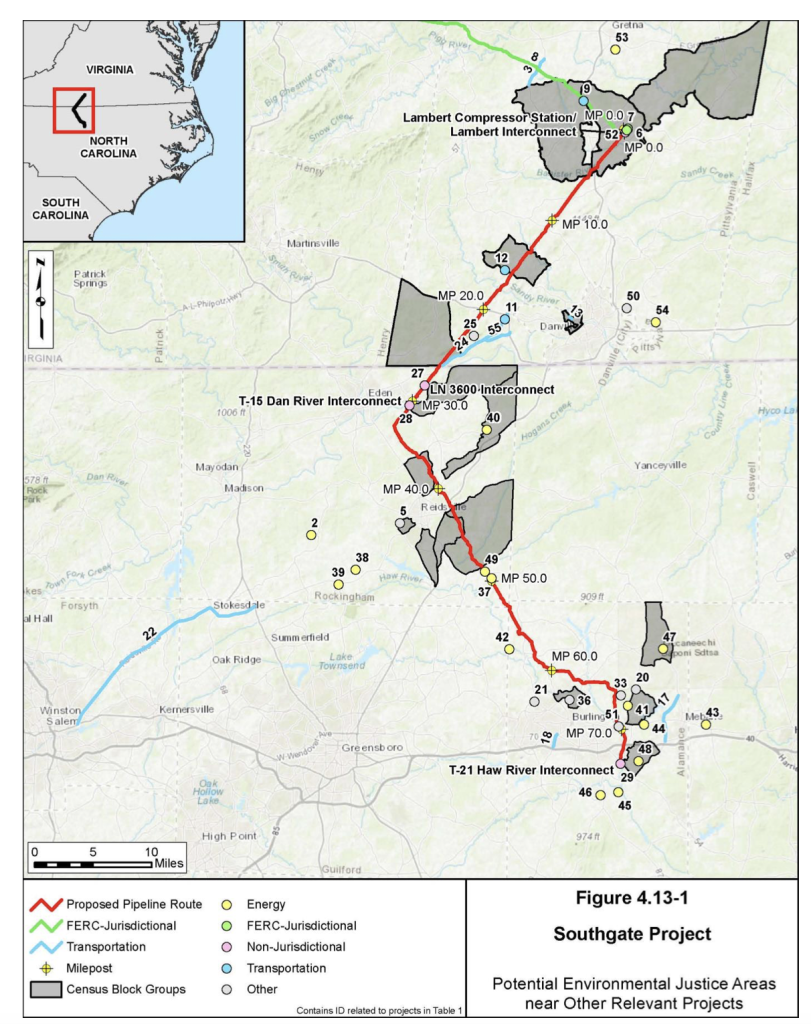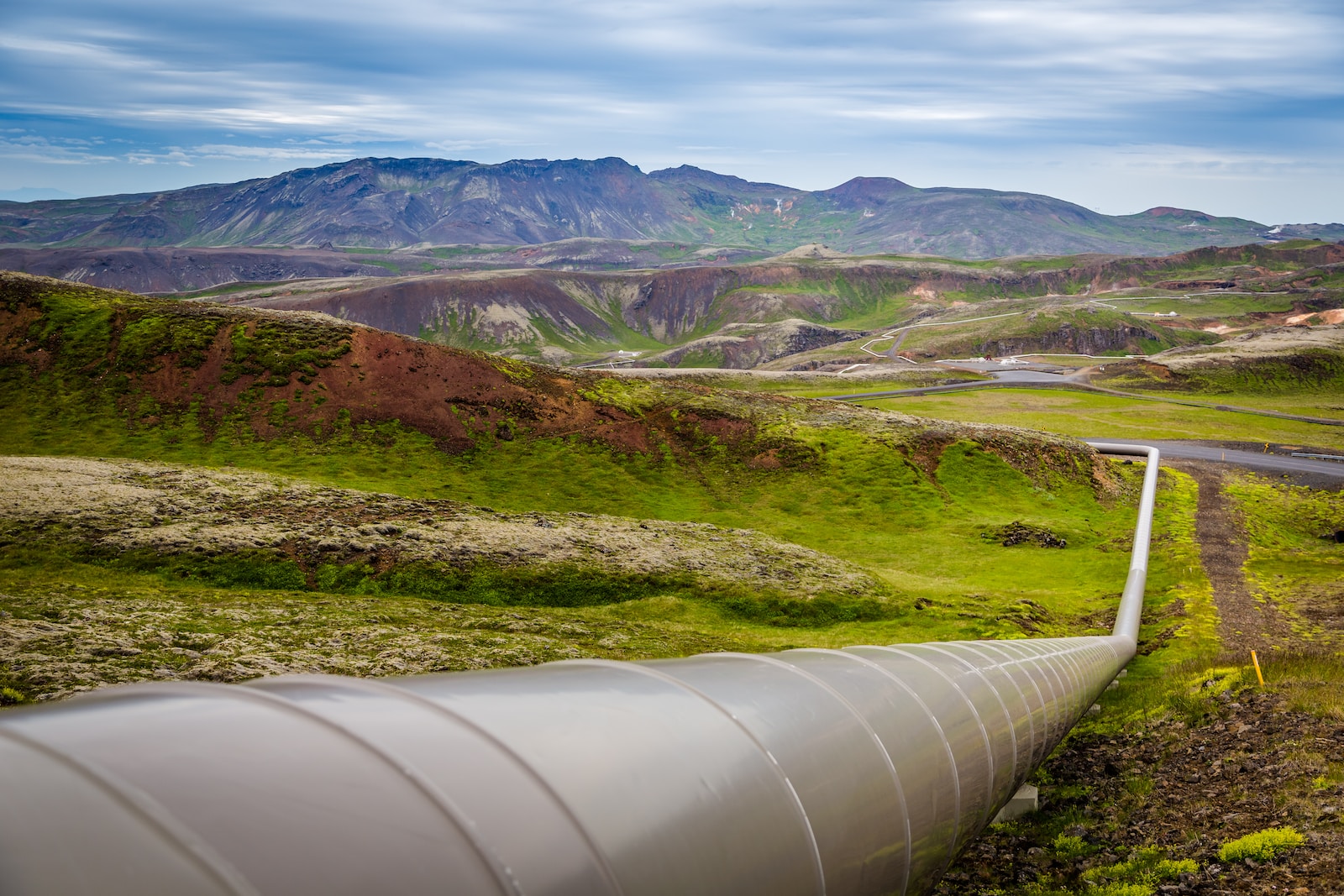Table of Contents
ToggleIntroduction:
The U.S. Court of Appeals for the Fourth Circuit has halted the construction of the Mountain Valley Pipeline, causing a legal battle with Congress that could ultimately end up at the Supreme Court. The pipeline aims to carry natural gas about 300 miles from the Marcellus shale fields in West Virginia across nearly 1,000 streams and wetlands before ending in Virginia. Congress had moved jurisdiction over the pipeline last month from the court in Richmond, where environmentalists have found success in their decade-long fight, to the U.S. Court of Appeals for the District of Columbia Circuit. However, the Fourth Circuit appeals court granted a temporary stay on the construction of the pipeline sought by nearly a dozen environmental groups.
The Legal Battle:
Legal experts argue that by directing a change in courts, Congress has violated the separation of powers clause in the Constitution. The Justice Department backed the pipeline, submitting briefs to the Fourth Circuit appeals court supporting a motion to dismiss the appeals challenging Mountain Valley Pipeline’s right of way through Jefferson National Forest in West Virginia.
The Background:
The Mountain Valley Pipeline is a national environmental cause and a powerful lever in Washington negotiations. President Biden promised to ensure that construction of the pipeline would be completed to get Senator Joe Manchin III’s crucial tiebreaking vote, which pumped $370 billion into clean energy spending and would reduce the nation’s planet-warming carbon dioxide by about a billion tons in 2030.
What’s Next:
The case could be headed to the Supreme Court, and the pipeline’s builders could secure a reversal on appeal. However, that scenario would result in a longer delay in the construction restart. The situation is notable because Congress had moved jurisdiction over the pipeline last month, and the Fourth Circuit appeals court granted a temporary stay of the construction of the pipeline sought by nearly a dozen environmental groups.
Conclusion:
In conclusion, the legal battle over the Mountain Valley Pipeline continues, with the Fourth Circuit appeals court halting its construction despite Congress moving jurisdiction over the pipeline to the U.S. Court of Appeals for the District of Columbia Circuit. As the case potentially heads to the Supreme Court, the future of the pipeline remains uncertain. This situation highlights the complex legal and environmental issues surrounding large-scale infrastructure projects and the importance of balancing economic development with environmental concerns.








